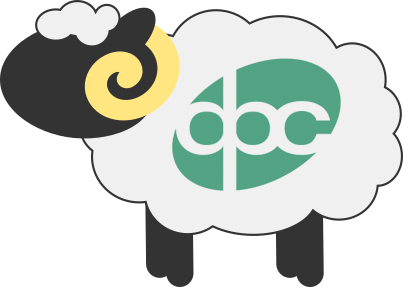News
DPC RAM 2.0 now available!
Added on 6 April 2021
 The Digital Preservation Coalition (DPC) relaunches an updated version of its Rapid Assessment Model (or DPC RAM) this week.
The Digital Preservation Coalition (DPC) relaunches an updated version of its Rapid Assessment Model (or DPC RAM) this week.
Designed to enable rapid benchmarking of an organization’s digital preservation capability, the DPC RAM is a digital preservation maturity modelling tool which aims to be applicable for organizations of any size in any sector, and for all content of long-term value.
National Library Board, Singapore joins the Digital Preservation Coalition
Added on 1 April 2021
The Digital Preservation Coalition (DPC) is delighted to welcome the National Library Board, Singapore (NLB) as the Coalition’s newest Full Member.
NLB is the official custodian of Singapore's published and documentary heritage, archival materials of national and historical significance in Singapore, government records and broadcast archives.
As part of its Libraries and Archives Blueprint 2025, NLB aims to build on its role as an enduring source of knowledge on Singapore and its place in the world. To this end, NLB is committed to an ongoing programme to collect, preserve, and make accessible digital content on Singapore, and aspires to become a Trusted Digital Repository and an authority on digital preservation for the nation.
Vacancy at the DPC: Head of Finance and Sustainability
14 April 2021
Glasgow
Grade 7, points 32- 39 (£35,845-£44,045)
Full-Time
Vacancy for Assistant Archivist at University of the Arts London
13 April 2021
London
£29,358 - £35,839
Full-Time
Vacancy for Digital Access Coordinator at University of Leeds
12 April 2021
Leeds
£27,511 to £32,817 pa
Full-Time
Vacancy for Web Archiving Assistant at the UK National Archives
5 April 2021
Kew, London
£23,345
Full-Time
Vacancy for Head of Archival Practice and Data Curation at the UK National Archives
14 April 2021
Kew, London
£45,133
Full-Time
Vacancy for Assistant Data Services Specialist at The British Library
11 April 2021
Boston Spa or St Pancras
£23,250 per annum
Fixed Term
Vacancy for Digital Data Officer at the Museum of London Archaeology
7 April 2021
Northampton
£27,470 per annum plus benefits
Full-Time
















































































































































